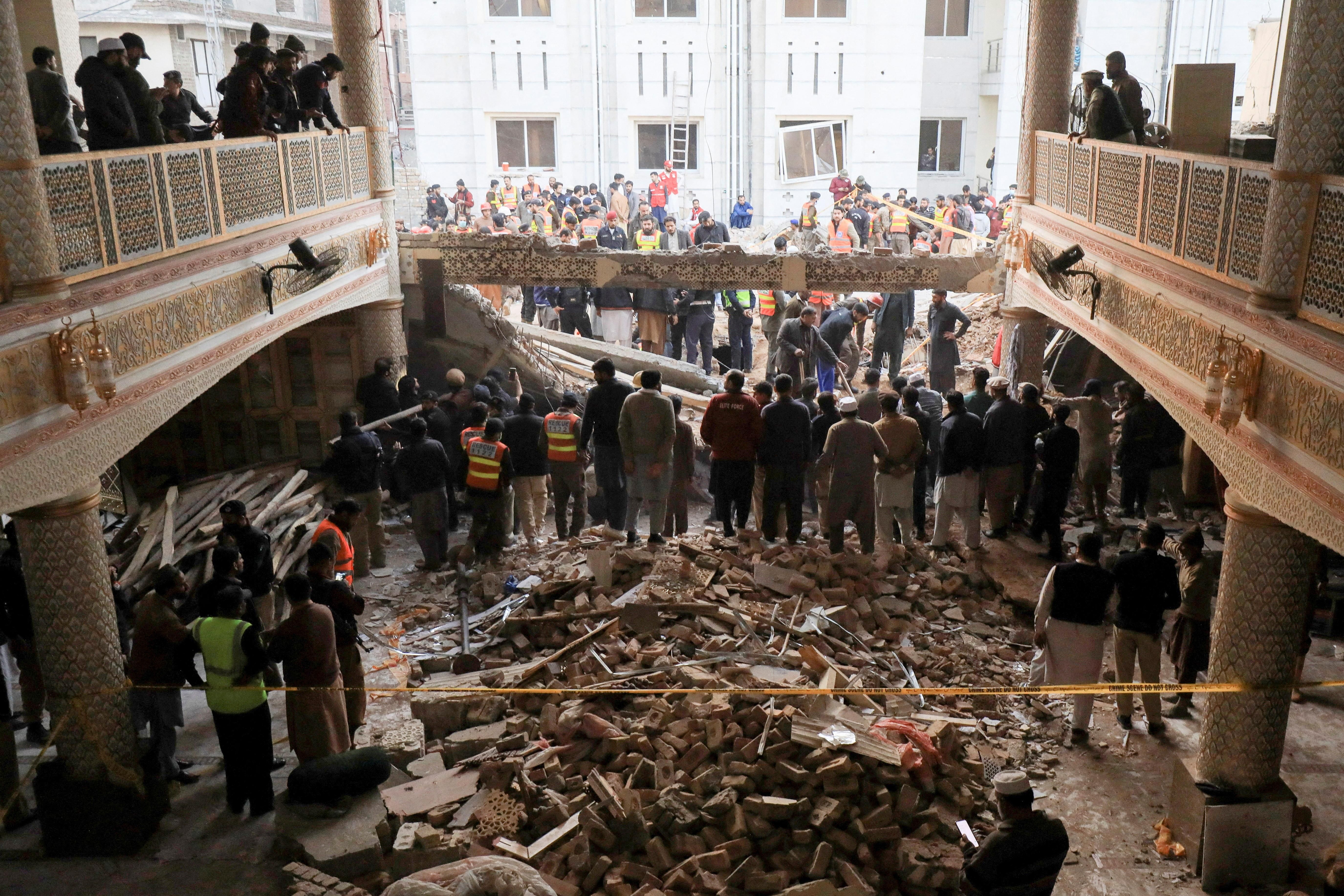Hard Numbers: Deaths mount after Pakistan terror attack, Biden-McCarthy showdown, Latin America gives Scholz cold shoulder, Rhinos on the brink
100: The death toll has climbed to 100 following Monday’s horrific mosque attack in Peshawar, the deadliest terror attack in Pakistan in years. Officials blame the Pakistani Taliban (also known as TTP) for the attacks, but while a TTP commander initially claimed responsibility, the group has since distanced itself from the bombing, saying they do not attack mosques. Authorities have remained mum, but several suspects have now been arrested.
100 billion: President Joe Biden and House Speaker Kevin McCarthy meet on Wednesday for what promises to be a showdown over raising the debt ceiling, with just over four months left to avoid default. The White House has asked for specifics on proposed Republicans spending, charging that earlier proposed cuts to the Internal Revenue Service would add $100 billion in debt over 10 years.
0:None of the three countries on Chancellor Olaf Scholz’s Latin America visit – Argentina, Brazil and Chile – will provide weapons for the war effort in Ukraine. The German leader’s difficulty in rallying support in the region comes amid soaring food and energy prices, with many doubting the West’s approach to the war.
87: The illegal poaching of rhinos in Namibia, home to the world’s last population of free-roaming black rhinos, doubled to 87 last year, the highest-ever annual total. Rhino populations have been decimated in recent years due to demand for the supposed medical benefits of rhino horns, and experts worry that some populations in southern Africa may be extinct in six years.
